The government is likely to partly adopt a government panel's advice to lift price controls on gasoline and diesel, but will put the brakes on potentially more politically jarring hikes in the prices of cooking fuels.
The government is likely to partly adopt a government panel's advice to lift price controls on gasoline and diesel, but will put the brakes on potentially more politically jarring hikes in the prices of cooking fuels.
While the government has ignored two reports advising similar phase-outs of fuel subsidies in the past five years, a more favourable political climate, moderate global energy prices and the need to cut a fiscal deficit mean at least some of the recommendations made late on Wednesday will probably be adopted.
"What is most likely is petrol, because petrol is perceived to be consumed by rich classes. I think second in line would be diesel to some extent, and maybe some token increase, if at all it happens, in LPG and kerosene," said DK Joshi, an economist at ratings agency Crisil in Mumbai.
Market-driven prices would help curb fuel use in India, which along with China was widely blamed for stoking demand that helped drive crude''s rally to $147 a barrel in 2008.
Crude oil prices, which fell to close to $32 in December 2008, are now hovering around $76.50 a barrel, still 48 percent below record levels.
The panel has advised eliminating price controls for gasoline and diesel and an income-linked rise in kerosene and cooking gas prices. Oil minister Murli Deora said the cabinet would consider the recommendations in seven to 10 days.
Kerosene prices in India have not been revised since 2002 while cooking gas prices were raised in 2008, only to be rolled back after protests from political parties and ordinary people.
Shares in oil retailers were higher in a weaker market on Thursday, but bonds were largely unmoved as traders wait to see how far the government will go in ditching subsidies, which would improve its fiscal position but also add inflationary pressure.
The Congress government was re-elected last year by a wide margin, is not constrained by coalition partners, and faces no major state elections until October.
Still, the party's core constituency is mainly poor and rural, and the government has moved more slowly than many investors had expected in implementing pro-market reforms.
The government is also pressured by surging inflation driven by food prices, which rose 17.56 percent on an annual basis through late January, and have prompted violent protests.
Overall wholesale price index (WPI) inflation is on track to hit double-digits by the end of March, some economists forecast, which would only be exacerbated by higher prices on fuel.
"Maybe they will wait for a good crop to come in, so that food prices cool down a bit. Then a move will be more politically palatable," said Rakesh Rawal, head of private wealth management at Anand Rathi Financial Services.
SHIFTING BURDEN
India sets retail prices of petrol, diesel, cooking gas and kerosene to help control inflation and protect consumers, particularly the poor, from sharp fluctuations in energy prices, a burden shared by energy companies and the government.
The government partially compensates state-run retailers for selling fuel at cheaper rates. Upstream state firms Oil and Natural Gas Corp and Oil India are required to sell crude at a hefty discount to ease the pain of retailers.
The petroleum secretary said this week that retailers were likely to suffer a revenue loss of 430 billion rupees ($9.3 billion) in the current fiscal year on sale of the four products. The country is under pressure from investors to cut a fiscal deficit to hit 6.8 percent of GDP in its current fiscal year.
A revamped slate of fuel subsidies could be unveiled as soon as Feb. 26, when the finance ministry releases its budget.
Crisil's Joshi said easing subsidies would not dramatically improve government finances but would be a key reform measure.
"This will be a very positive signal that the government has started correcting at least this distortion on the fiscal side," he said.
POLITICAL WILL
While many observers said India should implement market-based pricing, few expect bold action, given past experience.
"We believe the suggestions are likely too aggressive to be implemented in current form, given inflation concerns, implementation issues and political considerations. A one-time hike in gasoline and diesel prices is all that might happen, in our view," Goldman Sachs analysts wrote in a note.
India, Bangladesh and Sri Lanka are the only energy importers among developing countries where oil companies and the central government bear the oil price impact without any transparent formula for calculating the help to oil marketing firms.
The finance ministry paid 120 billion rupees in cash to subsidise the sale of cooking fuel in April-December, less than the oil ministry's request for nearly 210 billion rupees.
Neighbouring China, by comparison, is fine-tuning its fuel pricing regime to make changes more frequent and reflective of global markets.
Beijing last year implemented a system to track a basket of global crude prices that more or less guarantees a margin for refiners when crude is under $80.
"China has been changing fuel prices more frequently as compared to past years despite the fact that some problems in India and China are very similar," said Sushant Gupta, senior analyst at Wood Mackenzie.
China raised retail fuel prices five times and cut them three times in 2009. India has raised retail prices only once in 2009.
"I don't think the government will take a bull-in-a-china-shop approach. They will play it cautiously," said Rawal at Anand Rathi. "The fact is that it should be done, but it has long been curtailed due to lack of political will."
![submenu-img]() Verantes Living Awarded as India’s No.1 Stainless Steel Modular Kitchen Brand
Verantes Living Awarded as India’s No.1 Stainless Steel Modular Kitchen Brand![submenu-img]() Narayana Murthy’s Infosys set to invest Rs 170000000 in this startup
Narayana Murthy’s Infosys set to invest Rs 170000000 in this startup![submenu-img]() 'Towards reducing pollution..': Delhi govt approves replacement, induction of electric vehicles in 'Gramin Sewa'
'Towards reducing pollution..': Delhi govt approves replacement, induction of electric vehicles in 'Gramin Sewa'![submenu-img]() Discover Stainless France, the Leading Supplier of Cobalt Chrome
Discover Stainless France, the Leading Supplier of Cobalt Chrome![submenu-img]() Kritika Kamra says men should take responsibility for fighting sexism: 'There's a thin line between...'
Kritika Kamra says men should take responsibility for fighting sexism: 'There's a thin line between...'![submenu-img]() 'दीदी' को हिंदू त्योहारों से दिक्कत? West Bengal में मुहर्रम पर कॉरिडोर बनवाया, 112 फुट ऊंचे दुर्गा पूजा पंडाल का काम रुकवाया, जानें पूरा विवाद
'दीदी' को हिंदू त्योहारों से दिक्कत? West Bengal में मुहर्रम पर कॉरिडोर बनवाया, 112 फुट ऊंचे दुर्गा पूजा पंडाल का काम रुकवाया, जानें पूरा विवाद![submenu-img]() Israel Hezbollah War: हिजबुल्लाह चीफ दे रहा था टीवी पर धमकी, तभी इजरायली विमानों ने कर दी लेबनान में एयर स्ट्राइक
Israel Hezbollah War: हिजबुल्लाह चीफ दे रहा था टीवी पर धमकी, तभी इजरायली विमानों ने कर दी लेबनान में एयर स्ट्राइक![submenu-img]() कोलकाता रेप-मर्डर केस में जूनियर डॉक्टरों की हड़ताल खत्म, इस दिन से काम पर लौटने का किया फैसला
कोलकाता रेप-मर्डर केस में जूनियर डॉक्टरों की हड़ताल खत्म, इस दिन से काम पर लौटने का किया फैसला![submenu-img]() तिरुपति मंदिर के प्रसाद में मिलाई जानवर की चर्बी? सीएम चंद्रबाबू नायडू के दावे पर मचा बवाल, जानिए क्या कहती है लैब रिपोर्ट
तिरुपति मंदिर के प्रसाद में मिलाई जानवर की चर्बी? सीएम चंद्रबाबू नायडू के दावे पर मचा बवाल, जानिए क्या कहती है लैब रिपोर्ट![submenu-img]() New Corona Variant: तेजी से फैल रहा कोरोना का नया XEC वेरिएंट, 27 देशों में मिले मरीज, क्या फिर दिखेगा 2020 जैसा खौफनाक नजारा?
New Corona Variant: तेजी से फैल रहा कोरोना का नया XEC वेरिएंट, 27 देशों में मिले मरीज, क्या फिर दिखेगा 2020 जैसा खौफनाक नजारा?![submenu-img]() Ford to return to India after 2 years with reopening of....
Ford to return to India after 2 years with reopening of....![submenu-img]() Maruti Suzuki launches new Swift CNG, check price, mileage, other features
Maruti Suzuki launches new Swift CNG, check price, mileage, other features![submenu-img]() ‘30 LPA, 3BHK, no in-laws’: Woman earning Rs 1.32 lakh salary lists demands for future husband, netizens say...
‘30 LPA, 3BHK, no in-laws’: Woman earning Rs 1.32 lakh salary lists demands for future husband, netizens say...![submenu-img]() In a big EV push, Centre launches Rs 10900 crore PM E-Drive scheme to replace…
In a big EV push, Centre launches Rs 10900 crore PM E-Drive scheme to replace…![submenu-img]() World’s longest car has helipad, swimming pool, mini-golf course, can seat over…; it cost…
World’s longest car has helipad, swimming pool, mini-golf course, can seat over…; it cost…![submenu-img]() Meet IPS officer who has resigned after serving for 18 yrs due to...
Meet IPS officer who has resigned after serving for 18 yrs due to...![submenu-img]() Meet Indian man, who got hired whopping Rs 12000000 crore salary job, not from IIT, IIM he is...
Meet Indian man, who got hired whopping Rs 12000000 crore salary job, not from IIT, IIM he is...![submenu-img]() Meet woman who left medical career for UPSC exam , became IPS with AIR 165 then left job due to...
Meet woman who left medical career for UPSC exam , became IPS with AIR 165 then left job due to...![submenu-img]() Meet man, who left NDA due to depression, then cracked UPSC exam to become IAS officer, his AIR was...
Meet man, who left NDA due to depression, then cracked UPSC exam to become IAS officer, his AIR was...![submenu-img]() Meet youngest CEO of India, who created first app at 9, began his own company at 13, now he is…
Meet youngest CEO of India, who created first app at 9, began his own company at 13, now he is…![submenu-img]() Congress President Kharge Slams & Opposes 'One Nation, One Election' Proposal, Calls It Impractical
Congress President Kharge Slams & Opposes 'One Nation, One Election' Proposal, Calls It Impractical![submenu-img]() Why 'One Nation One Election' Is important? Ashwini Vaishnaw Explains After It Gets Cabinet Approval
Why 'One Nation One Election' Is important? Ashwini Vaishnaw Explains After It Gets Cabinet Approval![submenu-img]() Jammu Kashmir Assembly Election 2024 Phase 1 Highlights: What Happened In First phase In J&K Polls?
Jammu Kashmir Assembly Election 2024 Phase 1 Highlights: What Happened In First phase In J&K Polls?![submenu-img]() One Nation One Election: Centre Clears Proposal, Bill To Be Introduced In Winter Session | Modi 3.0
One Nation One Election: Centre Clears Proposal, Bill To Be Introduced In Winter Session | Modi 3.0![submenu-img]() Haryana Elections 2024: Is BJP Set To Lose In Haryana? Anti-Incumbency And Other Factors Analysed
Haryana Elections 2024: Is BJP Set To Lose In Haryana? Anti-Incumbency And Other Factors Analysed![submenu-img]() Verantes Living Awarded as India’s No.1 Stainless Steel Modular Kitchen Brand
Verantes Living Awarded as India’s No.1 Stainless Steel Modular Kitchen Brand![submenu-img]() Narayana Murthy’s Infosys set to invest Rs 170000000 in this startup
Narayana Murthy’s Infosys set to invest Rs 170000000 in this startup![submenu-img]() Discover Stainless France, the Leading Supplier of Cobalt Chrome
Discover Stainless France, the Leading Supplier of Cobalt Chrome![submenu-img]() ITR filing: Haven’t received your income tax refund yet? Here’s what you should do
ITR filing: Haven’t received your income tax refund yet? Here’s what you should do![submenu-img]() Meet ‘delivery boy’ who beats Mukesh Ambani in world’s billionaire list, his net worth is…
Meet ‘delivery boy’ who beats Mukesh Ambani in world’s billionaire list, his net worth is…![submenu-img]() In pics: Saiyami Kher conquers Ironman triathlon in Germany, swims, cycles, runs to complete endurance races
In pics: Saiyami Kher conquers Ironman triathlon in Germany, swims, cycles, runs to complete endurance races![submenu-img]() Meet IAS officer, who cracked in UPSC exam along with full-time job, her AIR was...
Meet IAS officer, who cracked in UPSC exam along with full-time job, her AIR was...![submenu-img]() In pics | India vs Bangladesh 1st Test, Day 1
In pics | India vs Bangladesh 1st Test, Day 1![submenu-img]() From Mechuka to Hayuliang village: Explore lesser-known destinations of Arunachal Pradesh
From Mechuka to Hayuliang village: Explore lesser-known destinations of Arunachal Pradesh![submenu-img]() From Simlipal National Park to Mahendragiri: Top 6 hidden gems to discover in Odisha
From Simlipal National Park to Mahendragiri: Top 6 hidden gems to discover in Odisha![submenu-img]() 'Towards reducing pollution..': Delhi govt approves replacement, induction of electric vehicles in 'Gramin Sewa'
'Towards reducing pollution..': Delhi govt approves replacement, induction of electric vehicles in 'Gramin Sewa'![submenu-img]() More trouble for ex-RG Kar principal Sandip Ghosh, Bengal medical body now...
More trouble for ex-RG Kar principal Sandip Ghosh, Bengal medical body now...![submenu-img]() Tirupati Laddu row: Lab report confirms prasada contains beef fat, fish oil
Tirupati Laddu row: Lab report confirms prasada contains beef fat, fish oil![submenu-img]() Delhi: Water supply to be shut down in capital for 12 hours tomorrow due to…; check list of affected areas
Delhi: Water supply to be shut down in capital for 12 hours tomorrow due to…; check list of affected areas![submenu-img]() FATF says India faces severe 'terrorist financing threats' from...
FATF says India faces severe 'terrorist financing threats' from...

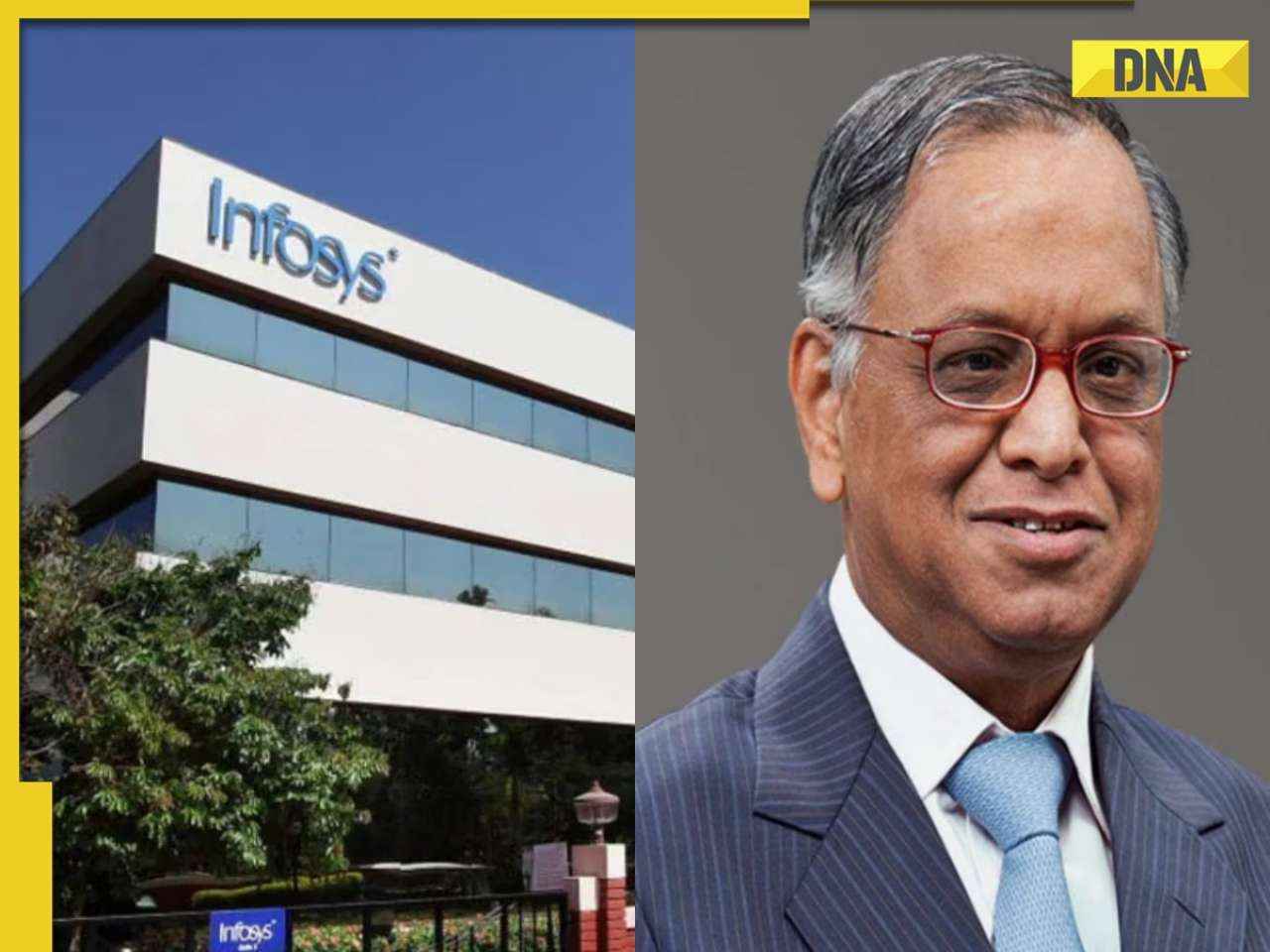
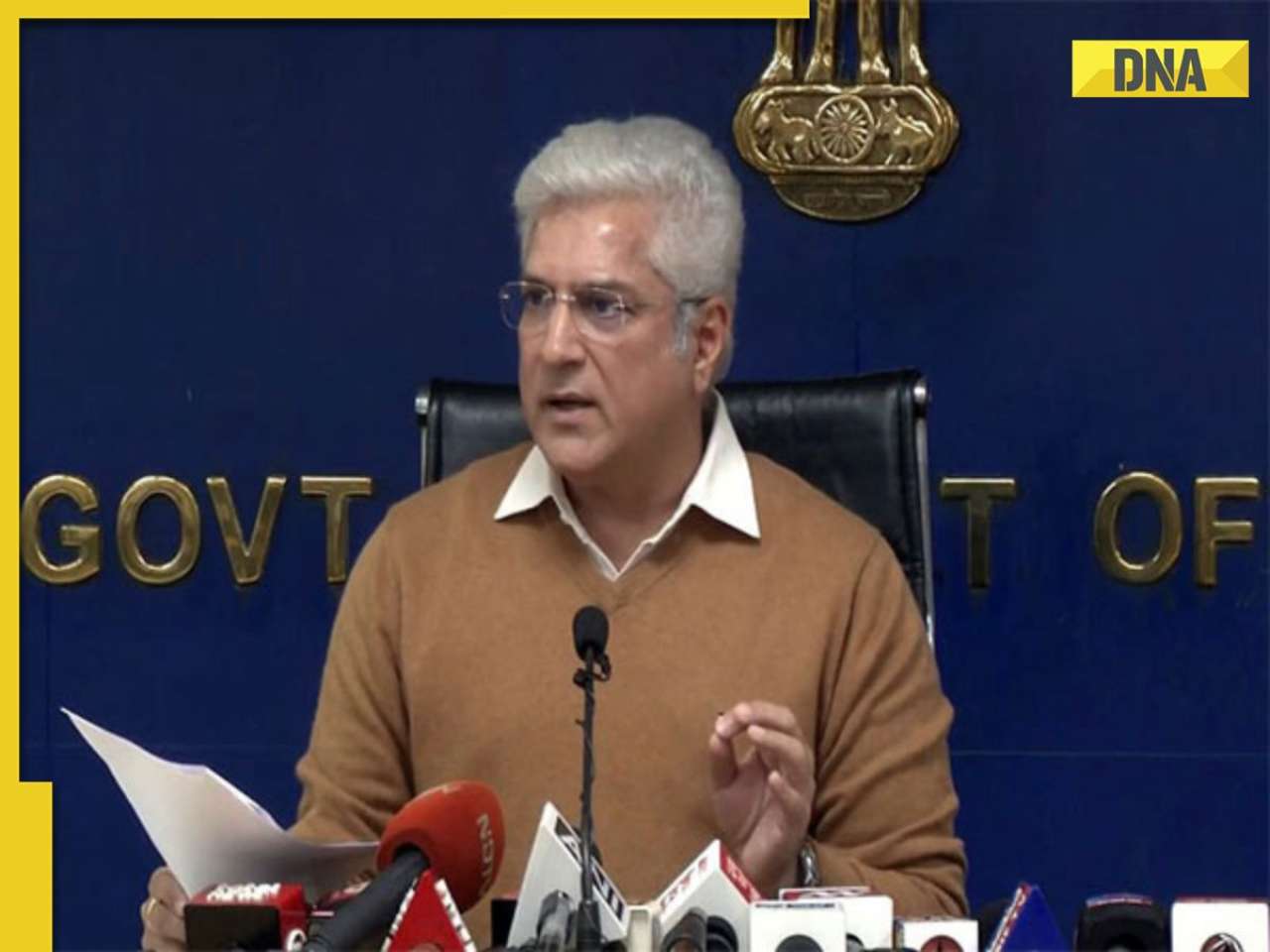






















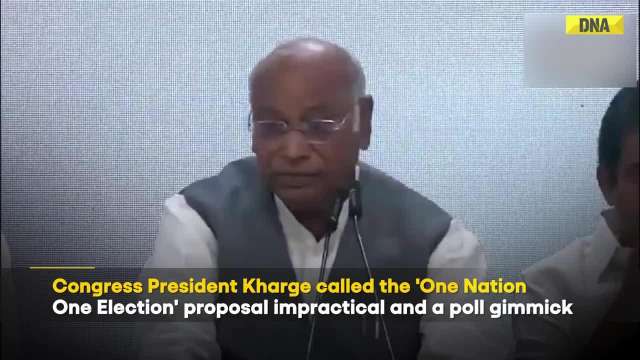
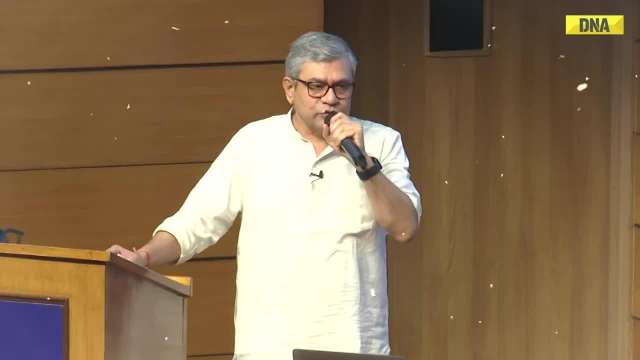
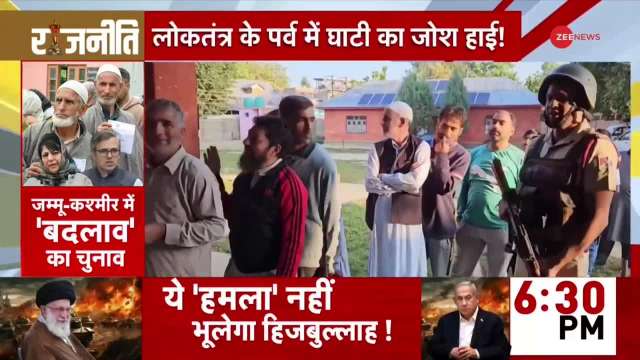
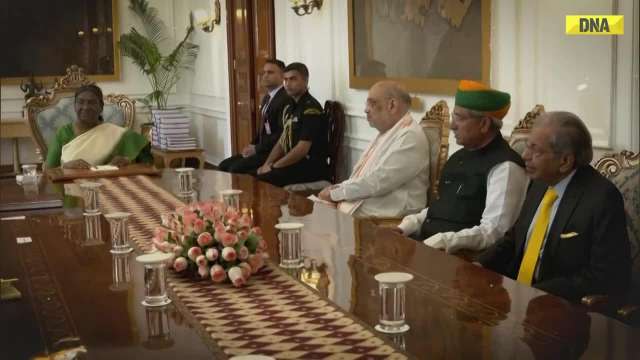

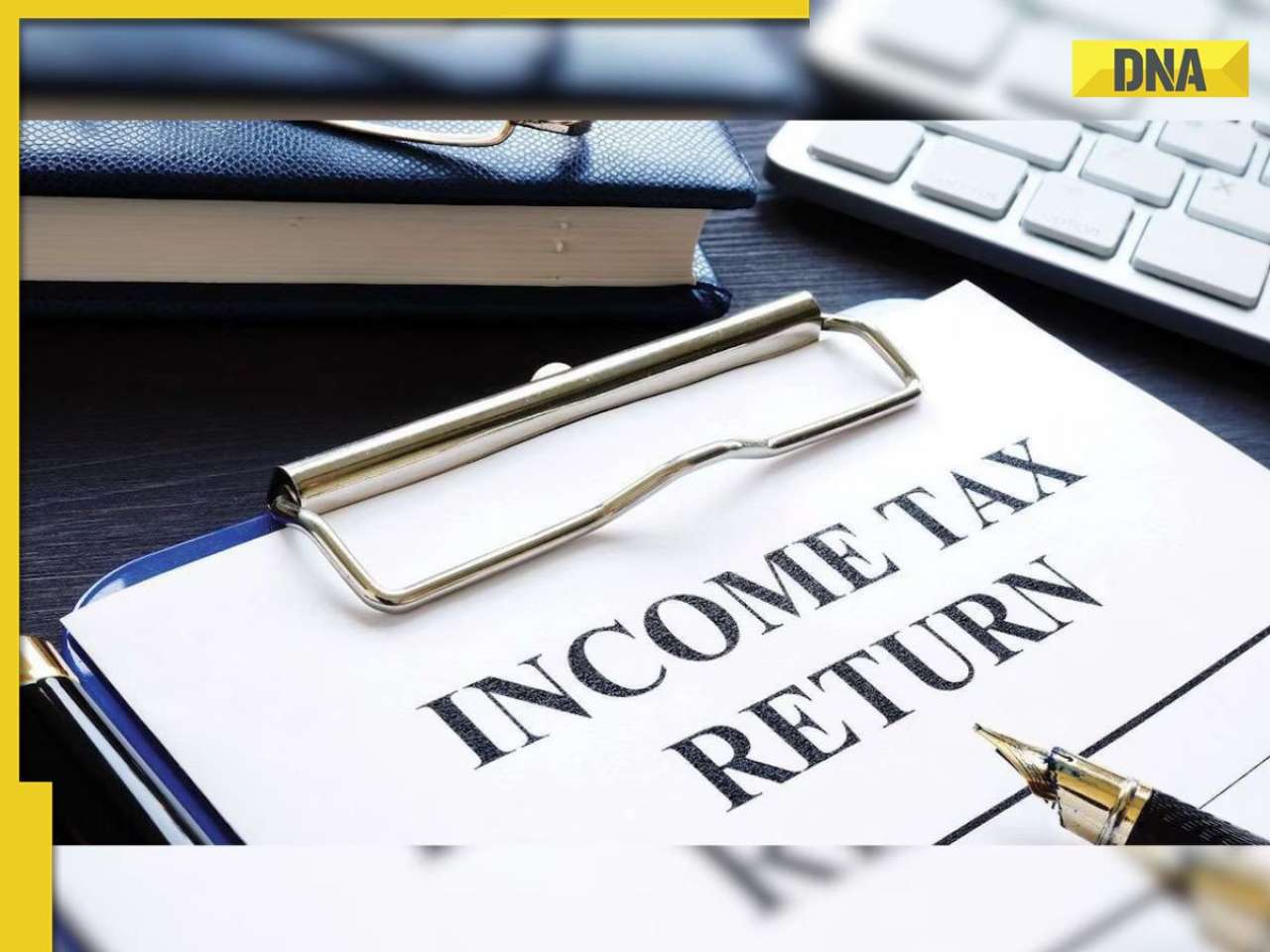
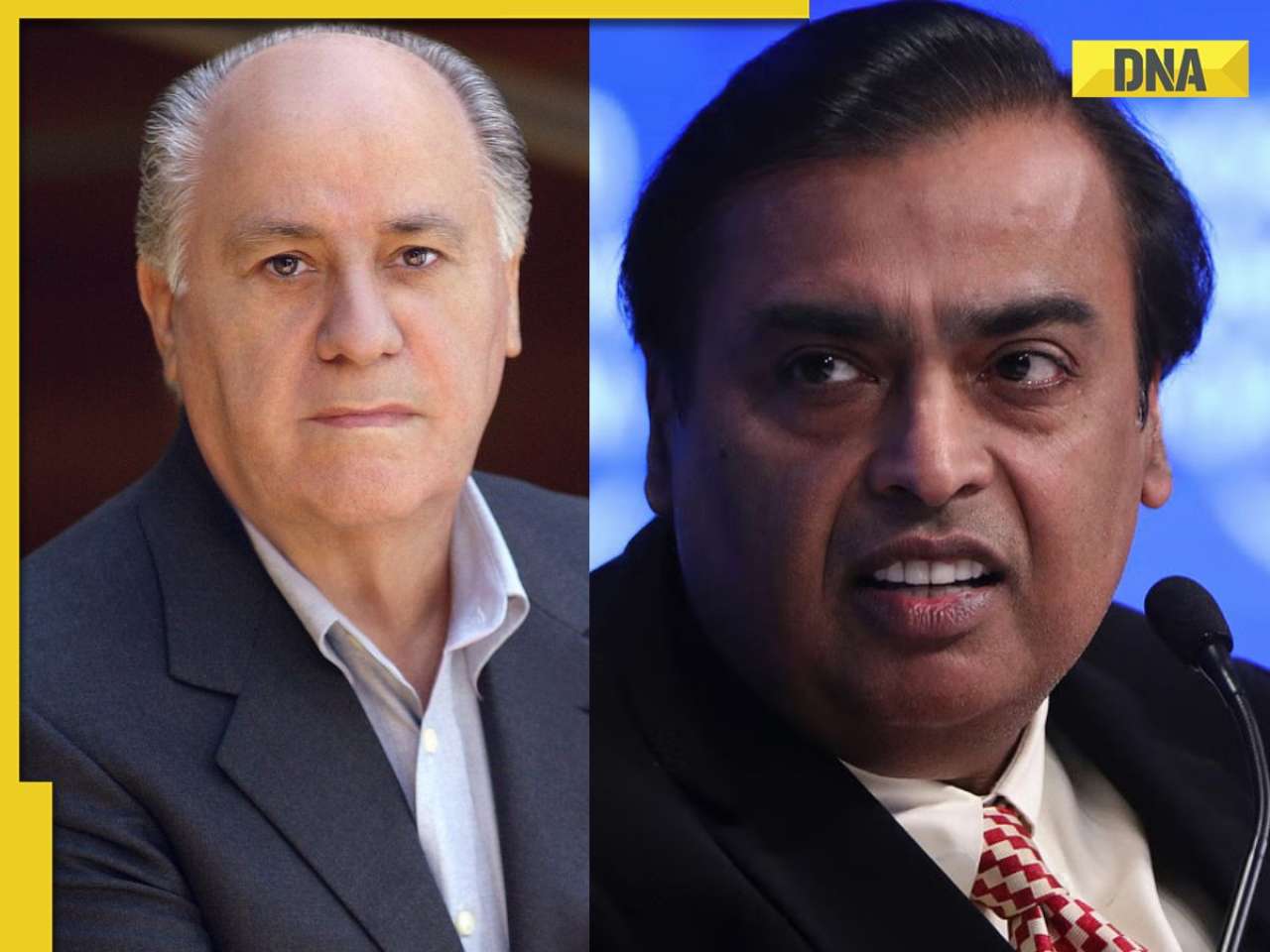





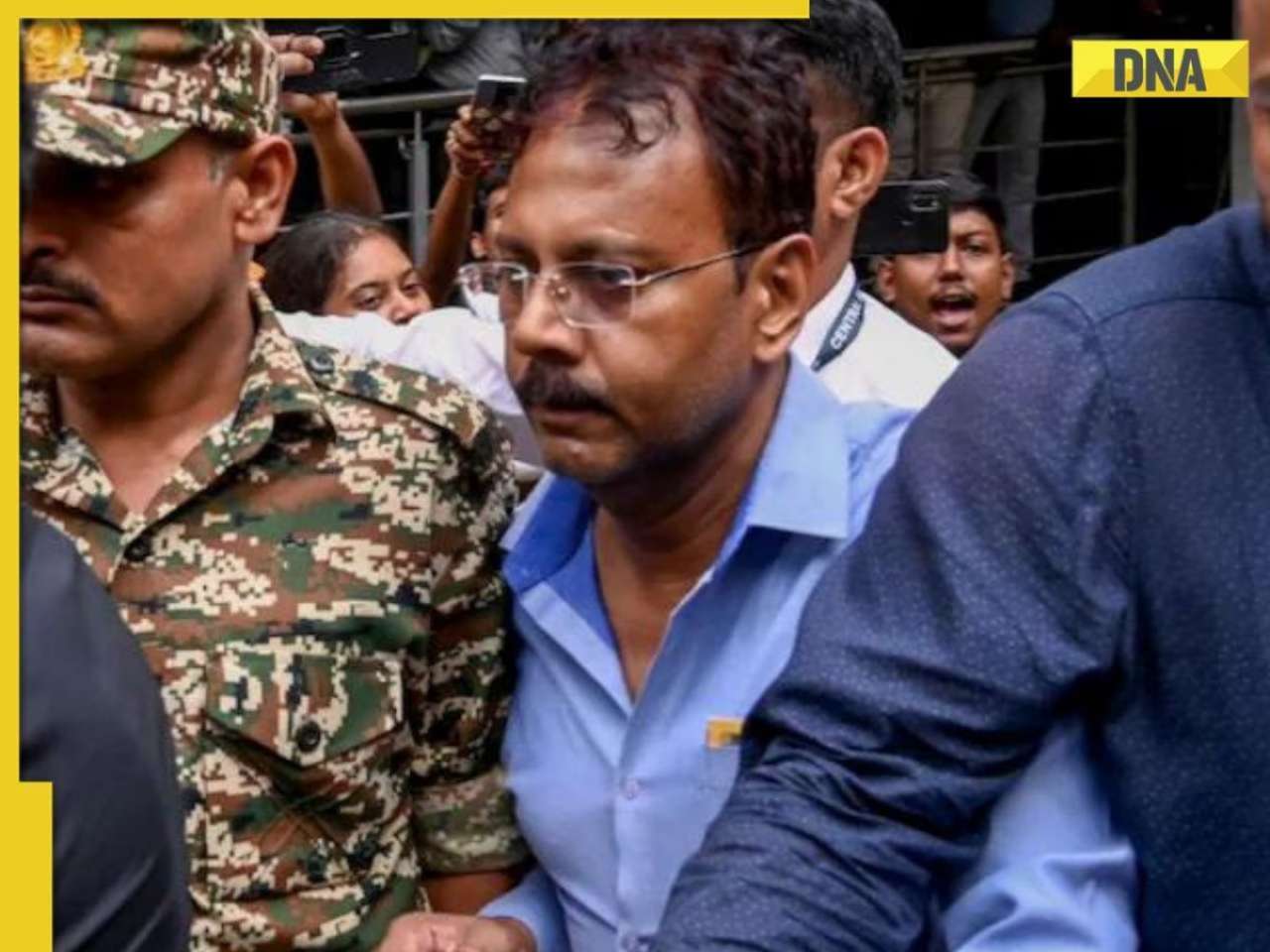

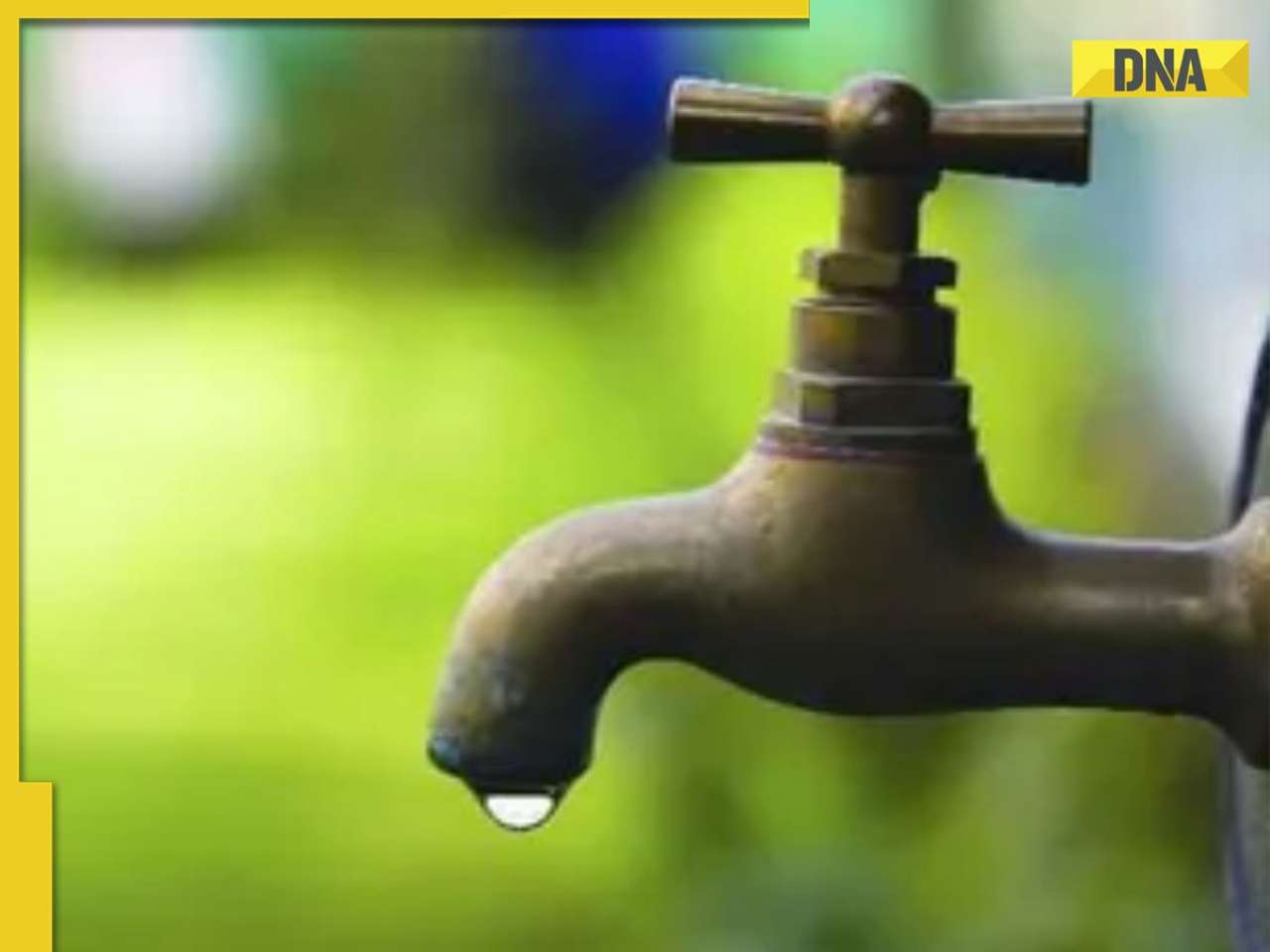



)
)
)
)
)
)
)
)
)
)
)
)
)
)





)
)
)
)
)
)